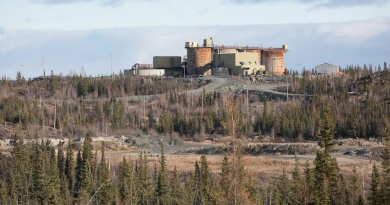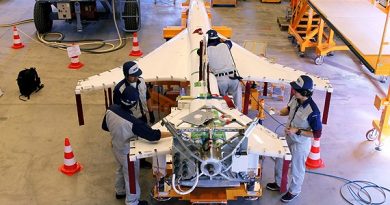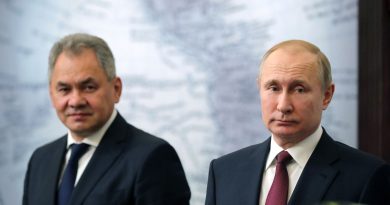Norwegian wealth fund’s value in Russian company Gazprom more than doubled in 2019
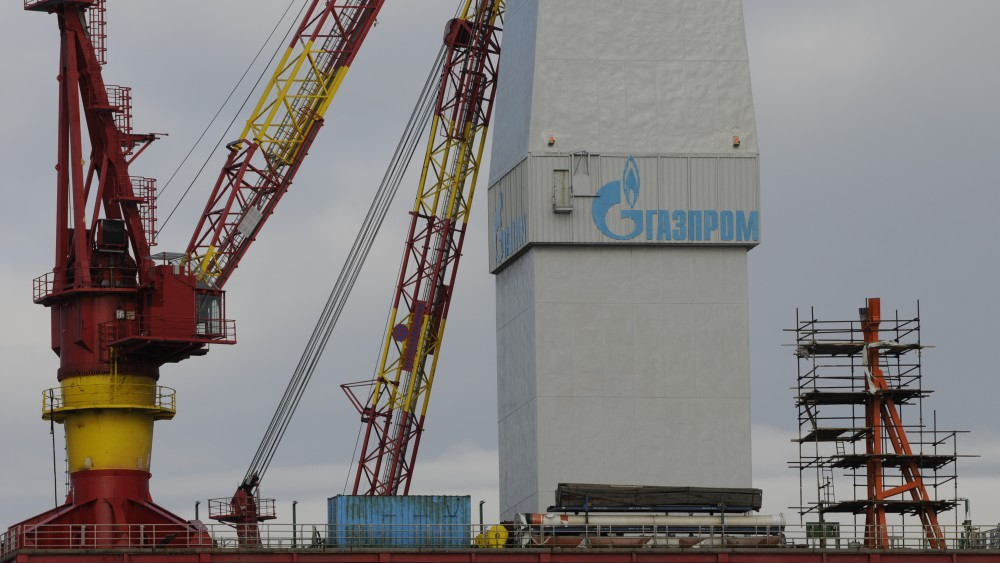
The world’s largest sovereign wealth fund enjoyed a very good year on both the Russian stock and bond markets.
The Russian stock market is not very high on the list of Norwegian investments, but the wealth fund’s 51 companies listed on the Moscow stock exchange in average posted a serious growth in value last year.
Norway’s share of the Russian companies increased in value by seven billion Norwegian kroner (NOK) from 2018 to 2019, the wealth fund’s annual report published on Thursday shows.
The value grow from 23 billion NOK in 2018 to 31 billion NOK in 2019. The value increase in US dollars was $1,3 billion.
For Norway, which money are revenue from the oil and gas production, investments in Russia are still heavily focused on petroleum companies like Bashneft, Gazprom, Gazprom Neft, IG Seismic Services, LUKOIL, Novatek, Orsknefteorgsintez, Saratovskiy Neftepererabatyvayuschiy Zavod and Surgutneftegas.
LUKOIL and Gazprom are the two petroleum companies of which Norway’s wealth fund has the biggest stake among its Russian investments.
By the end of last year, the value of the wealth fund’s 1,07% of the stocks in LUKOIL were worth 6,6 billion NOK, up from 5,1 billion the year before.
Largest growth in value, by far, is Gazprom, Russia’s and the world’s largest producer of natural gas. The Norwegian 0,81% of the shares in the company was by December 31 2019 worth 6,92 billion kroner (USD 788 million), up 3,8 billion NOK (USD 353 million) from 2018.
Norway’s wealth fond increased its share of the stocks in Gazprom from 0,68% in 2018 to 0,81% in 2019.
Sanctioned bank
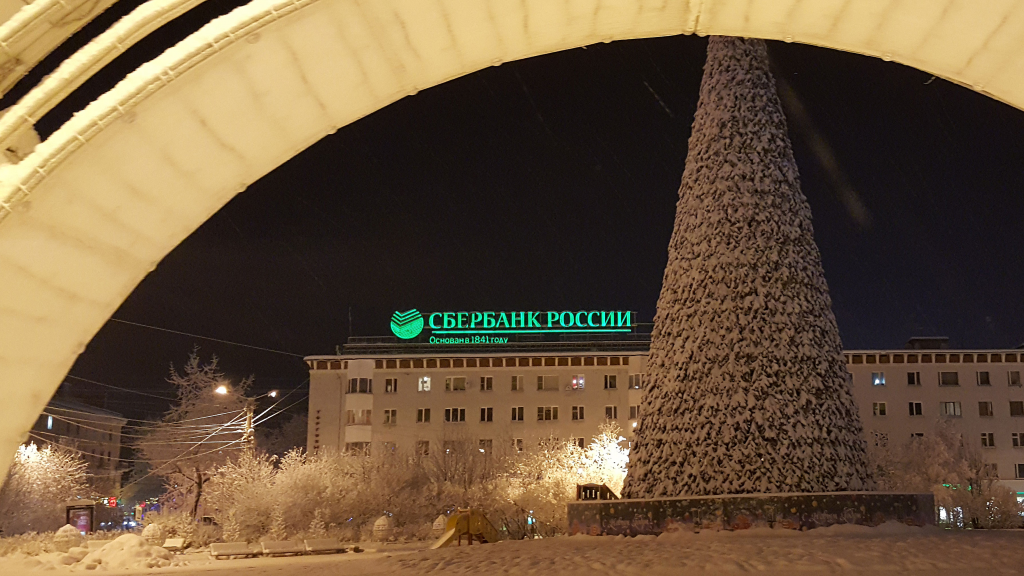
Among non-petroleum companies is Sberbank the most valuable asset.
Norwegians are not allowed to buy or sell new bonds, equity or similar financial instruments with a maturity exceeding 90 days issued by Sberbank. This follows the European Unions sanctions from 2014 after Moscow’s annexation of Crimea and destabilising the situation in Easter Ukraine.
Norway follows the EU sanctions word-by-word.
The sanctions, however, do not hinder Norway’s Government Pension Fund Global to make very good money from its investments in Sberbank.
The Norwegian wealth fund owned 0,77% of the stocks by year end, worth 6,49 billion kroner (USD 739 million), up 5 billion NOK in 2018.
Also the value of the Russian bonds owned by the fund increased substantially last year, up doubled from about 10 billion NOK in 2018 to more than 20 billion NOK in 2019.
Related stories from around the North:
Canada: What Russia’s $300B investment in Arctic oil and gas means for Canada, CBC News
China: US sanctions against Chinese shipping company could hurt Russia’s LNG exports, The Independent Barents Observer
Norway: Plenty of more oil in Barents Sea, says Norwegian petroleum authority, The Independent Barents Observer
Russia: Russian company VostokCoal abandons major coal mining project in Arctic tundra, The Independent Barents Observer
United States: Seattle council votes to withhold business from oil companies that explore Arctic Refuge, Alaska Public Media

